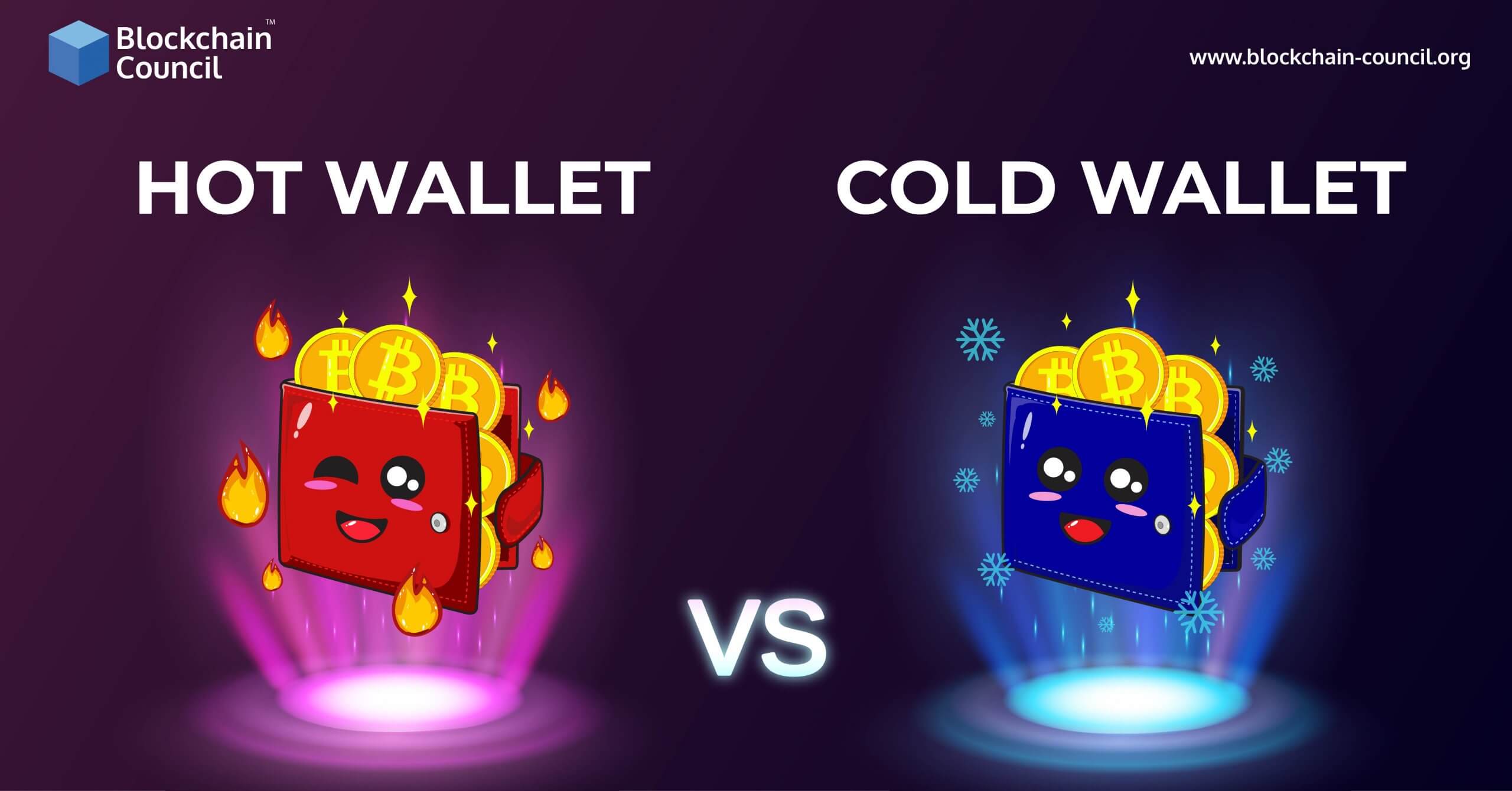
- Toshendra Kumar Sharma
- February 16, 2018
Cryptocurrencies have garnered a lot of enthusiasm from younger investors over the last few months. As more and more people enter the cryptocurrency market, it becomes essential to differentiate between the terms that these assets are referred to. Here’s a primer to get investors started with the difference between the three major cryptocurrencies: coins, tokens, and altcoins.
What is a Cryptocurrency?
To answer how coins, tokens, and altcoins are related, we must first understand what cryptocurrencies are. At their core, cryptocurrencies are virtual currencies that are secured by cryptography. The underlying cryptographic technology uses encryption to ensure that units of currency cannot be duplicated and to facilitate the transfer of value. The various cryptocurrencies differ based on how a blockchain’s underlying asset is expected to be used and the design philosophy of the protocol.
Coins, Tokens & Altcoins
Coins, Tokens & Altcoins, the three major types of cryptocurrencies are differentiated based on their underlying technology and design use case. For example, Bitcoin and other transactional cryptocurrencies like Monero and RaiBlocks are called cryptocurrency coins because of their use as a transfer of value. By comparison, all of the ERC-20 compliant platforms like 0x and Civic, which are built on Ethereum and other competing blockchains are referred to as tokens. Projects that are built on top of platforms like Ethereum and Waves do not themselves facilitate the transfer and are therefore merely tokens, not coins. Finally, altcoins refer to most of the other projects that started off with Bitcoin’s code but have now modified in some way, like Dash, Vertcoin, etc.
Types of Coins
Cryptocurrency coins that are used for transactions can still be further divided based on their use case and strengths. For example:
Transactional Coins: Example, RaiBlocks, and IOTA. These are the frontrunners for transactional coins at the moment because they offer near-instant feeless transactions which are orders of magnitude faster than that of Bitcoin. Both of these could facilitate peer to peer and machine to machine transactions in the future.
Store of Value: Example, Bitcoin, and MakeDAO. Bitcoin has the first mover advantage in the cryptocurrency world and also boasts of having the longest running blockchain. In the nine years that Bitcoin has been in existence, it has never been hacked, and that is what makes it an incredible store of wealth. MakerDAO on the other hand if offering stability for the cryptocurrency market. MakerDAO has created Dai, a cryptocurrency that is price stabilized against the value of the U.S. Dollar using the Dai Stablecoin System. The Dai Stablecoin System increases or decreases the supply of Dai depending on the demand and other factors.
Privacy: Example, Monero. It is the undisputed king when it comes to privacy as it uses battle tested ring signatures, stealth addresses, and other privacy-enhancing features. That makes it ideal for individuals who care about their privacy and do not want other organizations to track how they spend their wealth.
Types of Tokens
Cryptocurrency tokens that are used for platforms can also be further divided based on their use case and structure. For example:
Usage Token: A usage token is one which gives users access to a particular service offered by the cryptocurrency. For example, the Civic platform requires the CVC token to use their platform for identity verification.
Work Token: Work tokens are required to get rights to participate in a platform. For example, Maker platform stipulates that MKR token holders govern Dai.
Hybrid Token: These are tokens that have traits of both Usage and Work tokens. For example, Ether, the native currency of the Ethereum platform is both used as gas on the network and also for voting (in Proof of Stake).
Network Token: A token that is tied to the value and development of a network. For example, the 0x token, which will be used to pay for transactions on the network, is a network token as it is only usable when the network grows.
Equity Token: These are tokens that behave similar to a stock of a company and are used to vote, share dividends and make decisions. With these tokens, holders are considered as shareholders. For example, the ICONOMI platform has issued ICN tokens that it uses to pay back holders every month by burning ICN tokens proportional to their earnings.



































































 Guides
Guides News
News Blockchain
Blockchain Cryptocurrency
& Digital Assets
Cryptocurrency
& Digital Assets Web3
Web3 Metaverse & NFTs
Metaverse & NFTs
